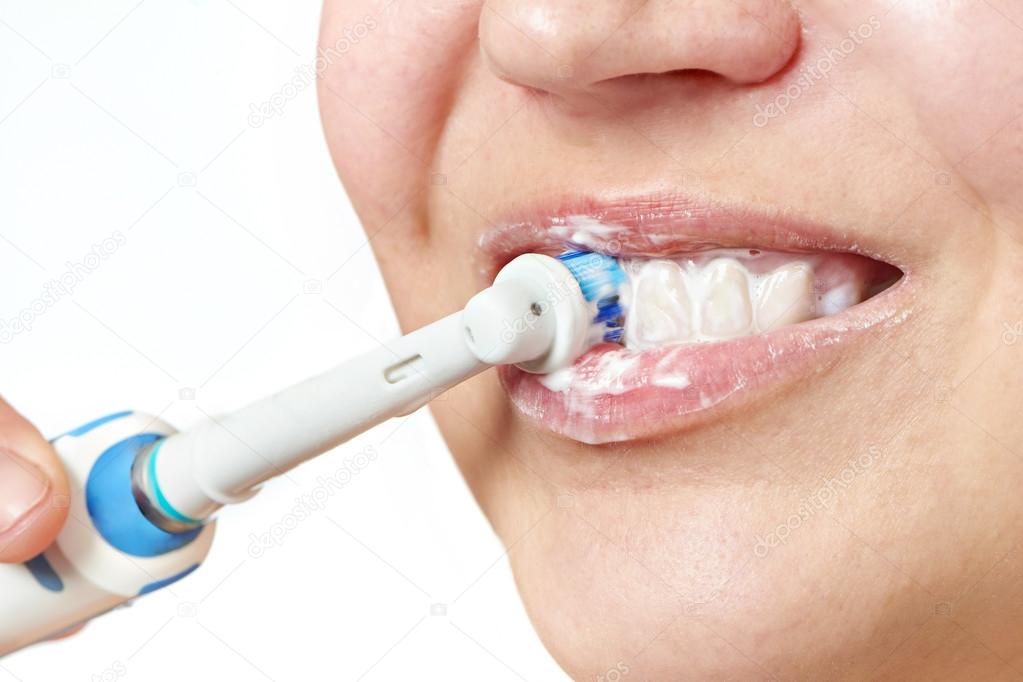
Rarely, toothbrushes are a trigger for gingivitis, which is a disease of the oral cavity caused by plaque buildup. This disease should not be taken lightly because it can lead to complications. Plaque buildup occurs due to food residue that is not cleaned, which causes bacterial growth on the gums. The accumulated plaque and bacteria are the main triggers for gingivitis, aka gingivitis.
Toothbrush routine is one of the simplest ways you can do to maintain oral and dental hygiene. Oral cavity and teeth that are kept clean will avoid disease attacks, including gingivitis. Conversely, rarely brush your teeth can cause gingivitis to attack. Don’t get gingivitis, consume steel bite pro now.
This inflammation is often characterized by symptoms in the form of swelling of the gums, discoloration of the gums to dark red, frequent bleeding, bad breath, and wrinkled gums. Unfortunately, this condition is often realized too late because it rarely causes pain. Even so, gingivitis is a disease that absolutely should not be ignored.
Prevent gingivitis by regularly cleaning your teeth
Ignoring the inflammation that occurs in the gums can make the condition worse. The most effective way to overcome or prevent this disorder from attacking is to regularly brush your teeth twice a day, namely in the morning and at night. In addition, you are also advised to do routine dental examinations and cleaning to the doctor, at least every 6 months.
The main cause of gingivitis or gingivitis is the buildup of plaque on the gums. The plaque that builds up is formed from a collection of leftover bacteria that sticks to the surface of the teeth. In mild conditions, the plaque will usually disappear by brushing your teeth regularly. Conversely, dental plaque that is already severe should receive medical attention and can only be removed by a dentist. This condition can affect anyone, but there are several groups that are said to be more at risk.
The risk of gingivitis can be increased due to several conditions, such as not maintaining dental hygiene, smoking, using improperly sized dentures, lack of nutrition, and suffering from certain diseases such as diabetes. This disease is also susceptible to attacking people who have a weak immune system, fungal and viral infections, hormonal changes, age factors, and side effects of these drugs.
Immediately check with the dentist if you experience symptoms of this disease. This condition should not be ignored because it can lead to complications. There are several complications that can occur if gingivitis is not treated promptly, such as:
- Periodontitis
Inflammation of the gums that is not treated promptly has the potential to develop into periodontitis, which is inflammation of the binding tissue in the gums and the bone around the teeth. Periodontitis can lead to tooth loss or loss.
- Tooth Abscess
Neglected gingivitis can also lead to tooth abscess. Tooth abscess occurs due to infection of the gingiva or jawbone.
- Ulcers
Ulcers can be a complication of gingivitis. This condition occurs due to a bacterial infection that causes blisters on the gums. Ulcers can also cause deep sores on the gums.
- Recurrent gingivitis
If not treated properly, gingivitis can recur. When this disease recurs, treatment on DNA Dental Dallas is needed in the form of antibiotics and plaque cleaning, aka scaling.
